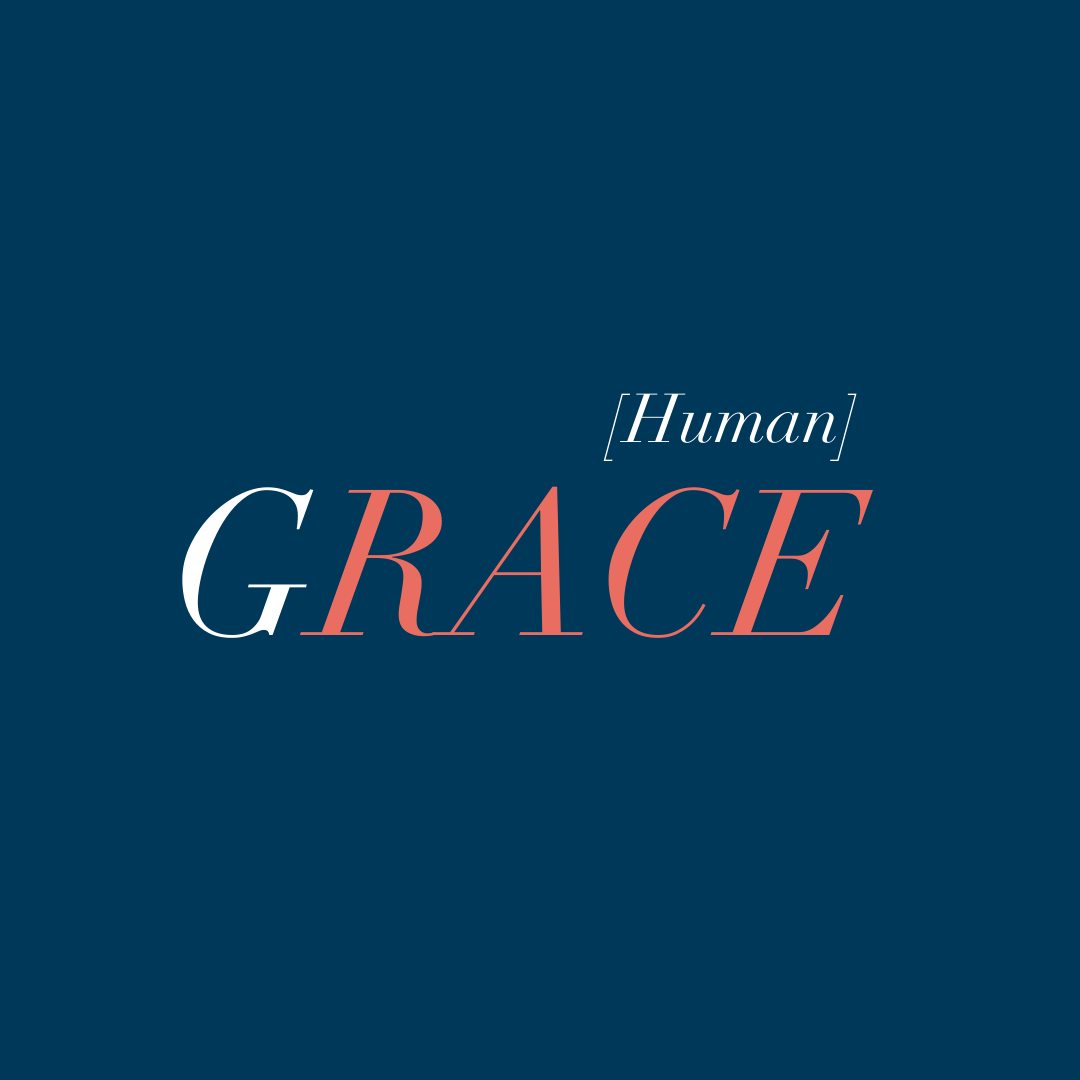“[Dadirri] is in everyone. It is not just an Aboriginal thing.”
— Miriam-Rose Ungunmerr-Baumann
In the Aboriginal culture, the term dadirri means to practice deep listening, out of respect to build community—a way of encouraging people to explore and learn from the ancient heritage of Aboriginal culture, knowledge and understanding.
As an organisation built on the foundation of human rights and equal opportunities, Grace Papers acknowledges that racism and gender discrimination are realities for so many of the humans that live and work beside us. Racial and gender discrimination exists not just in the way we treat each other, but is deeply entrenched in our systems, policies and practices.
We are inspired that change is possible, especially after listening to a recent episode of ABC Law Report. The discussion centred around two recent coronial inquests where the families of two deceased women successfully asked the Coroners to make findings of racial bias and discrimination in our health and prison systems. Yorta Yorta woman Tanya Day died after sustaining serious head injuries in a Victorian police cell in 2017, and Naomi Williams, a pregnant 27-year-old Wiradjuri woman, died of sepsis in hospital in regional NSW in 2016.
These significant findings were a reminder of the pervasive nature of racism in our systems and it, like so many significant events globally, is a stark reminder of our ongoing failure as a society to listen to the voices of all people.
Dr Miriam-Rose Ungunmerr (AO), an Aboriginal elder from Nauiyu and a proud Aboriginal activist, educator and artist, believes that the spirit of dadirri that indigenous culture has to offer, can grow and heal nations.
“If you stay closely united, you are like a tree, standing in the middle of a bushfire sweeping through the timber. The leaves are scorched and the tough bark is scarred and burnt; but inside the tree the sap is still flowing, and under the ground the roots are still strong. Like that tree, you have endured the flames, and you still have the power to be reborn”.
If our goal is true reconciliation, recognition and respect for all people and cultures in Australia and globally, then it seems obvious to us that we could be applying dadirri in how we respond to these issues. Reconciliation, here in Australia, provides the opportunity for the first people of our nation to find peace, recognition, respect and self-determination amidst the suffering of the past and the ongoing trauma. We as an organisation hold strong hope for the Treaty process currently underway in Victoria.
In light of several racist events in North America and Australia, and the exemplification of economic, health and gender impacts from a global pandemic – and in recognition of the countless acts of violence, oppression and discrimination we will never see or know about – we’re reminded that every single one of us is personally responsible for listening – to truly connect, not just to respond. Listening – Dadirri – enables us to understand how we can be allies and advocates for change. It is up to all of us. Black Lives matter. Indigenous lives matter. Women matter. The unpaid contributions of carers matter.
Despite making up just 3 percent of the general population, about a quarter of Australia’s prison population is Aboriginal or Torres Strait Islander. And Indigenous women and girls are 31 times more likely to be hospitalised due to domestic and family violence related assaults compared to non-Indigenous women and girls.
Behind these statistics are humans, worthy of so much more than just our empathy. This must be about dignity and freedom, injecting action into the Universal Declaration of Human Rights that affords “all human beings to be born free and equal, in dignity and rights.” So in support of our brothers and sisters around the world, NOW is the time for change, and an opportunity for each of us to:
-
Show up with our ears so we can hear the solutions, wants and needs put forward by those living with disadvantage, racism and discrimination.
-
Show up with our values, so we can use our privilege by reaching into our pockets and sharing our influence and power.
-
Show up with our minds, as through deep listening we are able to learn from and connect with other cultures.
-
Show up with our voices to advocate for change to systemic biases and discrimination in practices and processes, from health to prison to workplaces
-
Show up with Grace to see the potential in each and every one of us and stand beside those who need our allyship, advocacy and support.
We love the term Grace. And it’s one that means something different to each of us.
Conducting oneself with grace demands a self-awareness that can only develop through deep listening; dadirri. Grace inspires compassion, and reminds us to look for the potential in all. Grace promotes justice, and encourages us to stand up for what is right and fair. Grace means using our power and influence graciously so as to serve others, and acknowledging our privilege for the benefit of the disadvantaged. Grace asks us to listen to understand, not just to respond, because to act with grace requires us to place humanity and its potential at the heart of all we do.
We acknowledge the traditional Aboriginal owners of country throughout Australia and pay our respect to them, their culture and their Elders past, present and future.




